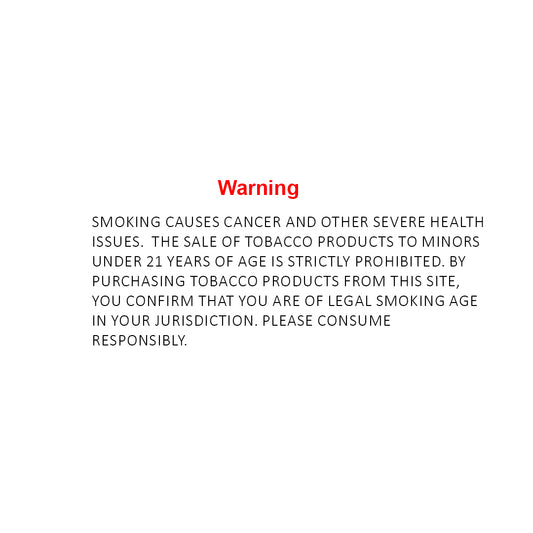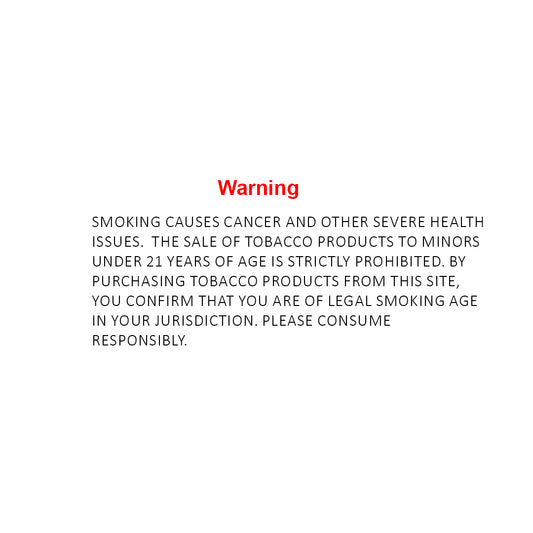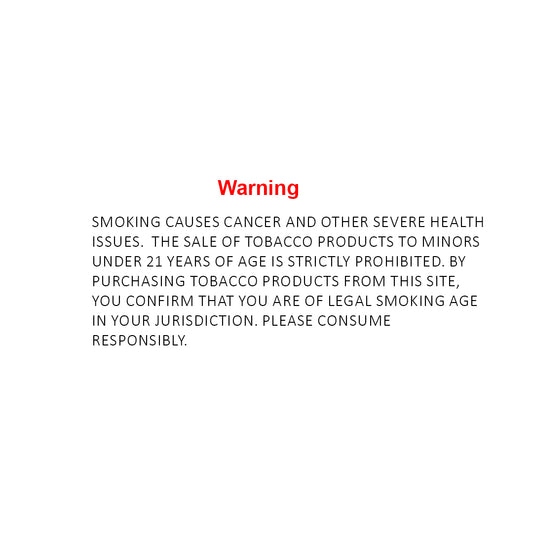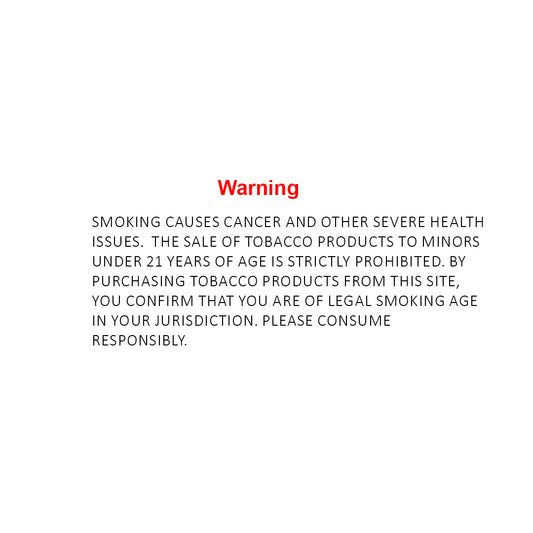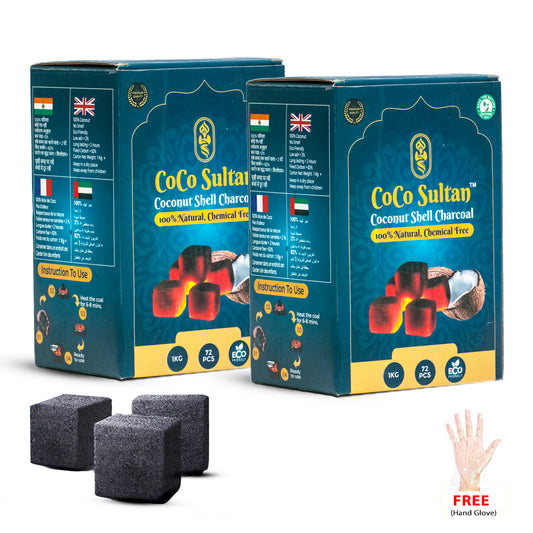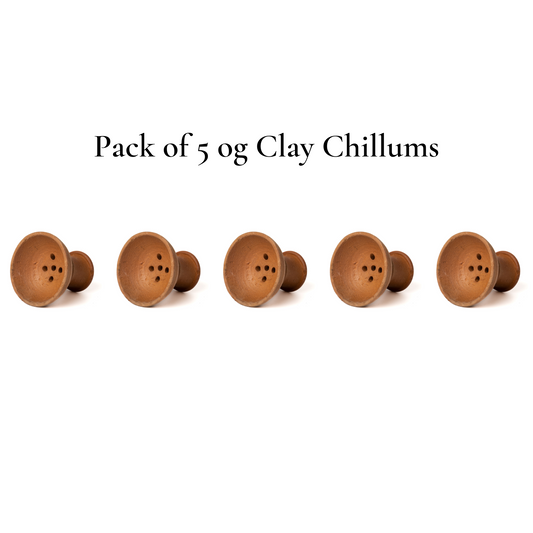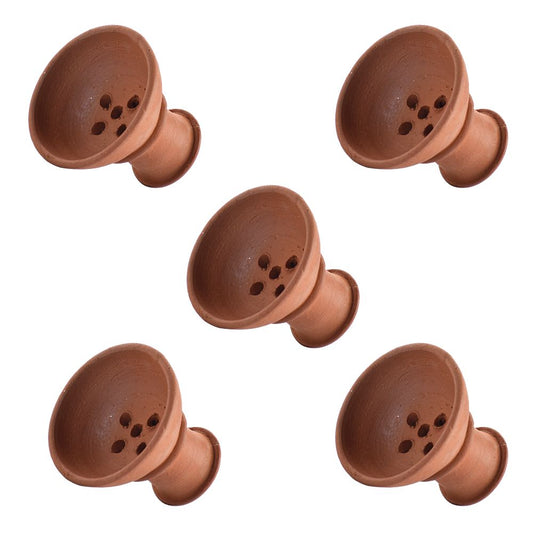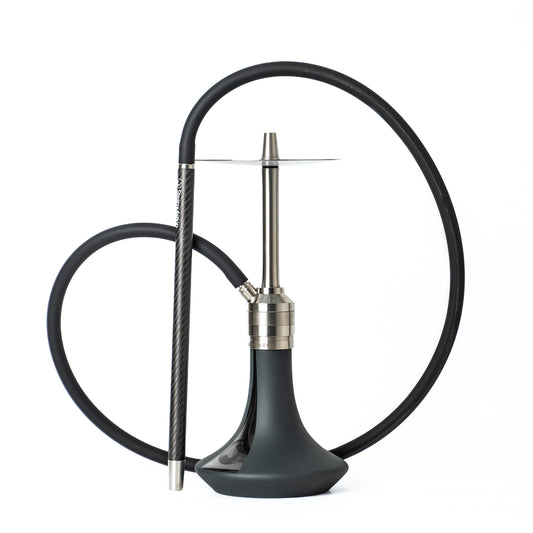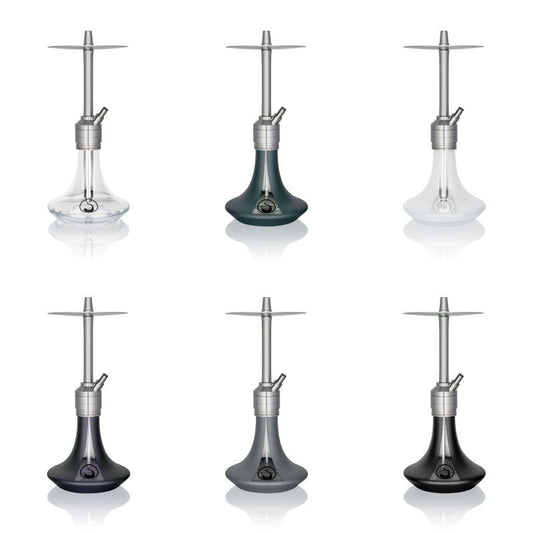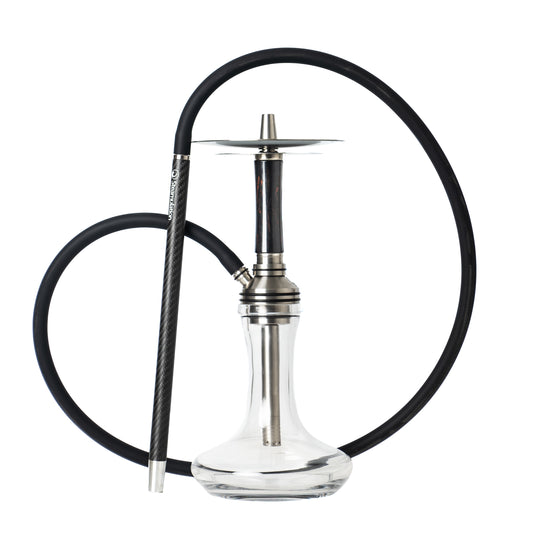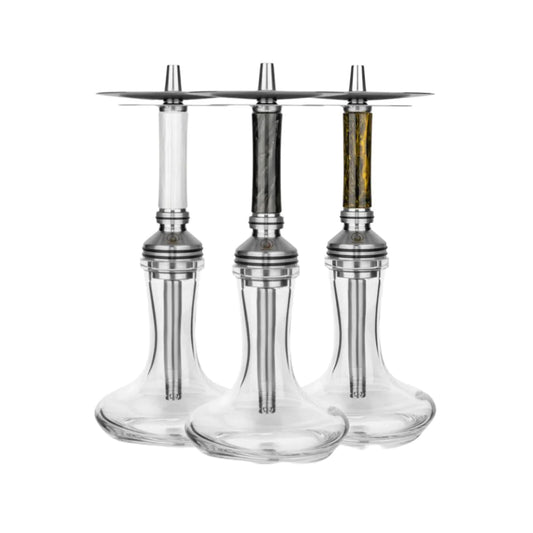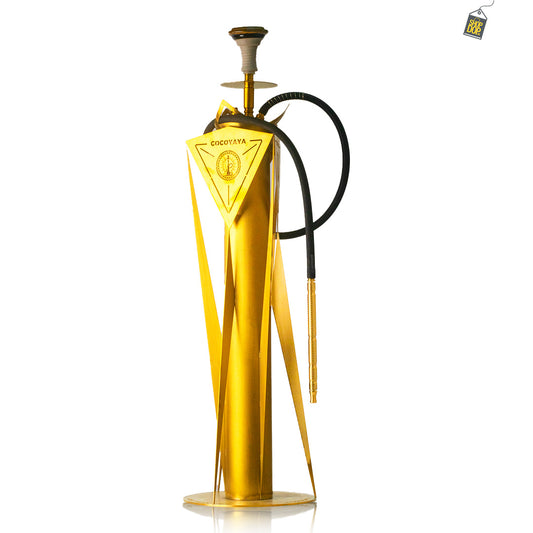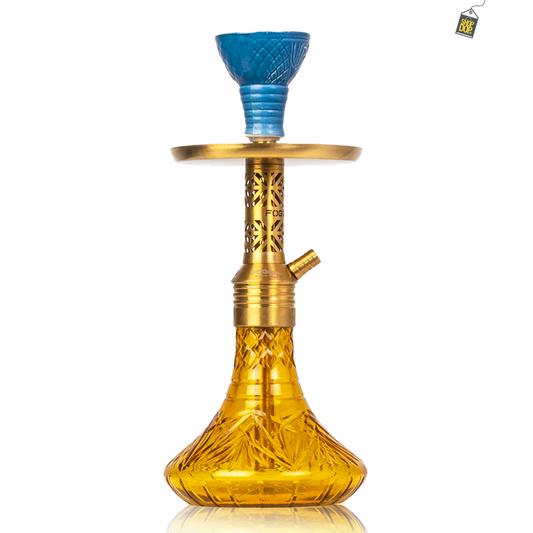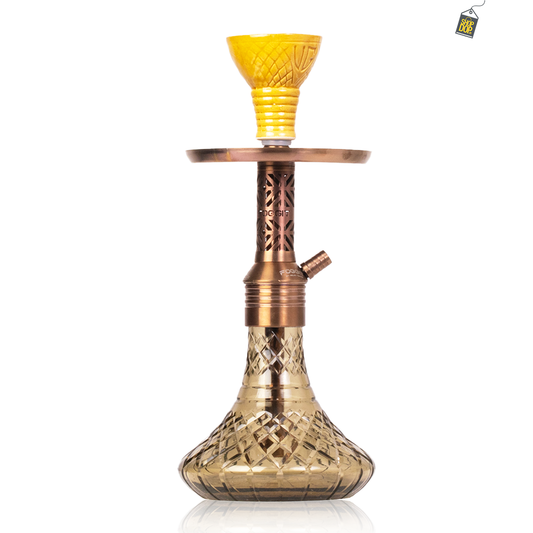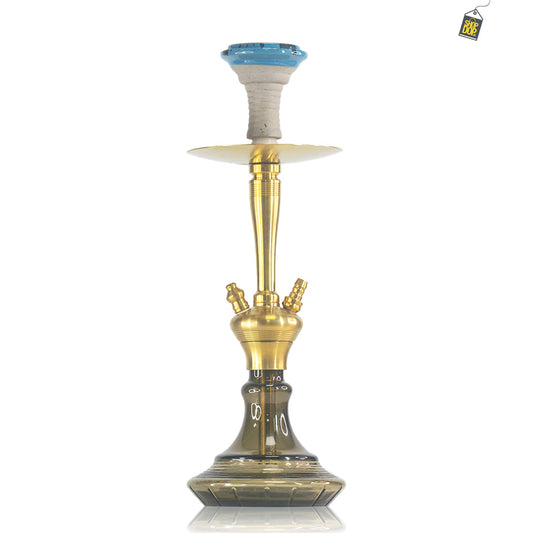Understanding the Perception: Is Hookah Really Safer than Cigarettes?
Share
In recent decades, hookahs or water pipes have emerged as a trendy alternative to cigarettes, especially among the youth. A prevalent notion suggests that hookahs are less harmful than cigarettes. But where does this perception stem from, and how accurate is it?
The Tradition and Cultural Heritage
Historically used in ancient India and Persia, the hookah has a deep-seated cultural significance. The shared experience of sitting around a hookah often gives the impression of it being a benign, communal activity.
Water Filtration: A Misleading Concept
Many believe that the water in the hookah bowl filters out harmful toxins, leading to "cleaner" smoke. In reality, while water may cool the smoke, it doesn't effectively filter out many harmful substances.
Flavorings and Aromas: A Distraction from Harm
The variety of sweet and fruity flavors available for hookahs can give users a sense that they are inhaling something less harmful than the acrid smoke of cigarettes.
Less Frequent Use vs. Daily Cigarette Habit
Some individuals smoke hookah only occasionally, in social settings, leading them to believe it's less harmful than the regular daily use of cigarettes. However, a single prolonged hookah session can expose users to more smoke and toxins than smoking a cigarette.
Marketing Strategies and Social Media Influence
Many cafes, lounges, and influencers promote hookah as a stylish and modern pastime, downplaying or entirely omitting its health risks. Such endorsements can create an aura of safety around hookah smoking.
Scientific Insights and Public Awareness
While the detrimental effects of cigarettes have been heavily researched and publicized, hookah's risks are less commonly spotlighted. This disparity in information can lead to skewed perceptions.
Conclusion
The belief that hookah is a safer alternative to cigarettes is multifaceted, rooted in cultural practices, marketing tactics, and misinformation. As evidence mounts about the harms of hookah smoking, it's crucial to challenge and rectify these misconceptions.


